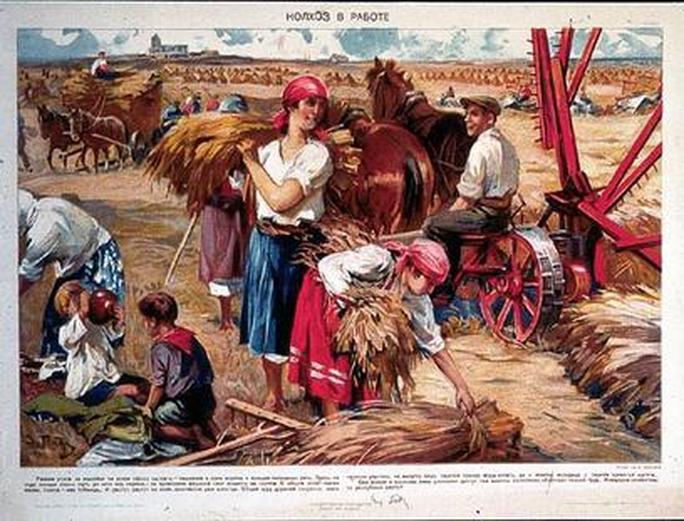In Russia Kulaks Meant

Meaning pronunciation translations and examples.
In russia kulaks meant. To many it might seem strange to use the word wealthy with peasantry but the russian peasants ranged from very poor to rather rich with a substantial number in the middle. Those to be killed immediately those to be sent to prison and those to be deported to siberia or russia asia. Who were kulaks in russia. Edurev class 9 question is disucussed on edurev study group by 124 class 9 students.
And in 1930 stalin declared kulaks public enemies and started a dekulakization campaign. Maggie burke from the russian word meaning fist the term kulak was used in soviet era russia to designate certain elements of the peasant population as enemies of the state in the strictest official terms a kulak was defined as. Stalin used such harsh methods to discourage resistance and in the hopes that a brutal policy would break the back of the peasantry and persuade russians to accept the rule of. куркуль kurkul or golchomag azerbaijani.
Kulak definition a comparatively wealthy peasant who employed hired labor or possessed farm machinery and who was viewed and treated by the communists during the drive to collectivize agriculture in the 1920s and 1930s as an oppressor and class enemy. All kulaks were to be imprisoned exiled to siberia with their whole family or executed. A peasant farmer having one or more of the following characteristics. In 1929 the term kulak was finally defined.
These peasants were raided by the party members of stalin as it was believed that rich peasants and traders in the countryside were holding stocks in the hope. The kulaks were separated into three categories. The word kulak means fist and soviet communists used this word to refer to the wealthiest fifth of the peasantry. In the early soviet union particularly soviet.
Qolçomaqlar was the term used towards the end of the russian empire to describe peasants with over 8 acres 3 2 hectares of land. Low paid workers in factories. Kulak ˈ k uː l æ k. December 27 2019 afeera bisht.
1 employment of two agricultural laborers one of them hired for not less than. Can you explain this answer. Answer kulaks were well to do peasants. Collectivization policy adopted by the soviet government pursued most intensively between 1929 and 1933 to transform traditional agriculture in the soviet union and to reduce the economic power of the kulaks prosperous peasants.
In russia after 1906 a member of the class of peasants who became proprietors of their. In addition they were denied the right to enter kolkhozes and lose the kulak title.
















